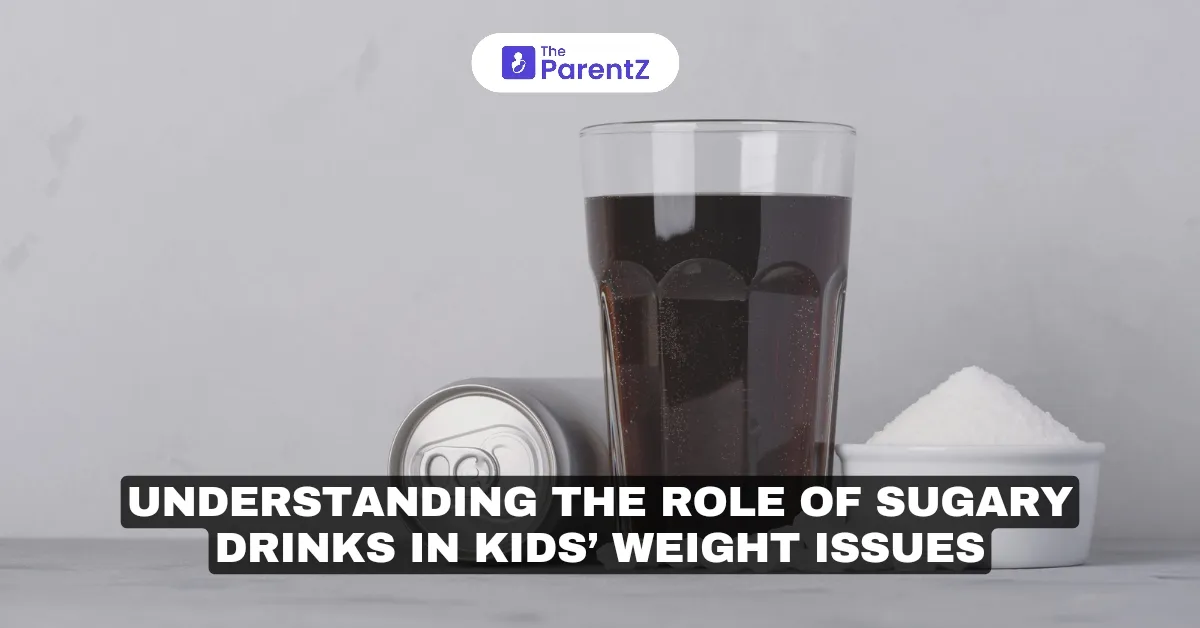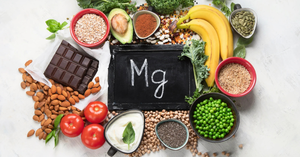As soon as you notice your little one bouncing off the wall during a scorching afternoon, you might want to give them something to cool off instantly. Sugary drinks—perhaps the first thought—a tall glass of sweet relief for both of you! Unfortunately, it's not as good as what you may think it to be.
So, what role do these sugary drinks play in kids’ health? In fact, sugary drinks are one of the main reasons behind rising childhood obesity rates. And their impact can be far more harmful than you realize.
Read below this article to understand the role of sugary drinks in heightening up your child’s obesity issues.
The Sugar Rush
Did you know that more than 1 in 5 children in the U.S. alone are affected by obesity, and sugary drinks are the major contributors to it? According to the American Heart Association, sugary drinks account for nearly one-third of the sugar kids consume on a daily basis. And that’s probably a huge chunk, just from liquids!
Whether it's soda, fruit juice, or sports drinks, these sugary drinks are loaded with no calories and no nutritional value. And, because they are liquid, kids can easily consume large amounts without feeling full—a complete recipe for weight gain.
Why Sugary Drinks Are Harmful?
Here are a few reasons why sugary drinks are harmful, especially when it comes to weight.
Empty Calories, No Fullness
Unlike solid food, liquids, including sodas, don't fill up the stomach, which means they often drink more than they need. Surprisingly, each additional sugary drink consumed per day increases the chances of childhood obesity by almost 60 percent.
Insulin Spikes
Sugary drinks cause rapid spikes in blood sugar levels followed by crashes that leave kids feeling sluggish and craving more sugar. This in turn creates a vicious cycle leading to weight gain and emotional rollercoasters.
Dental Health Concerns
According to the Centers for Disease Control and Prevention (CDC), nearly 20% of children ages 5 to 11 experience cavities at least once. In short, kids’ teeth and sugary drinks don't go well.
Tips To Cut Back On Sugary Drinks
So, how to cut back on sugary drinks? Here are a few drinks you can do so as a parent without being that mean parent.
Water and More Water
Water is the best drink for hydration. You can simply add a few slices of fruit or herbs like mint to make it a little more special. Perhaps it has instantly turned into a refreshing drink and not the regular water.
Limit Juices
The best approach is to limit the juice intake to a minimum of 4 ounces or all, if at all your kid can't resist juices. Most importantly, make sure it's 100 percent real fruit juice and not a sugary stuff under the tag of ‘juice.’ You can even try the ‘no-sugar-added’ challenge and see the fun!
Try Alternatives
Explore alternatives to sugary drinks such as fresh fruit, Greek yogurt, and ice—delicious and nutritious options.
Be Their Role Model
The fact is—if your kids notice you constantly sipping sugary drinks, they will likely want the same. Therefore, it's time to be their role model and follow some healthy habits, including how to enjoy water and other healthy drinks.
Takeaway
Though sugary drinks might appear a small thing, they are major reasons behind obesity in kids. In fact, reducing sugary drink consumption can help lower the risk of obesity, heart disease, and diabetes at later stages of life. According to Pediatrics, cutting back on sugary drinks can lead to significant weight loss in children. It's time to make a healthier choice for a healthier life.









Be the first one to comment on this story.